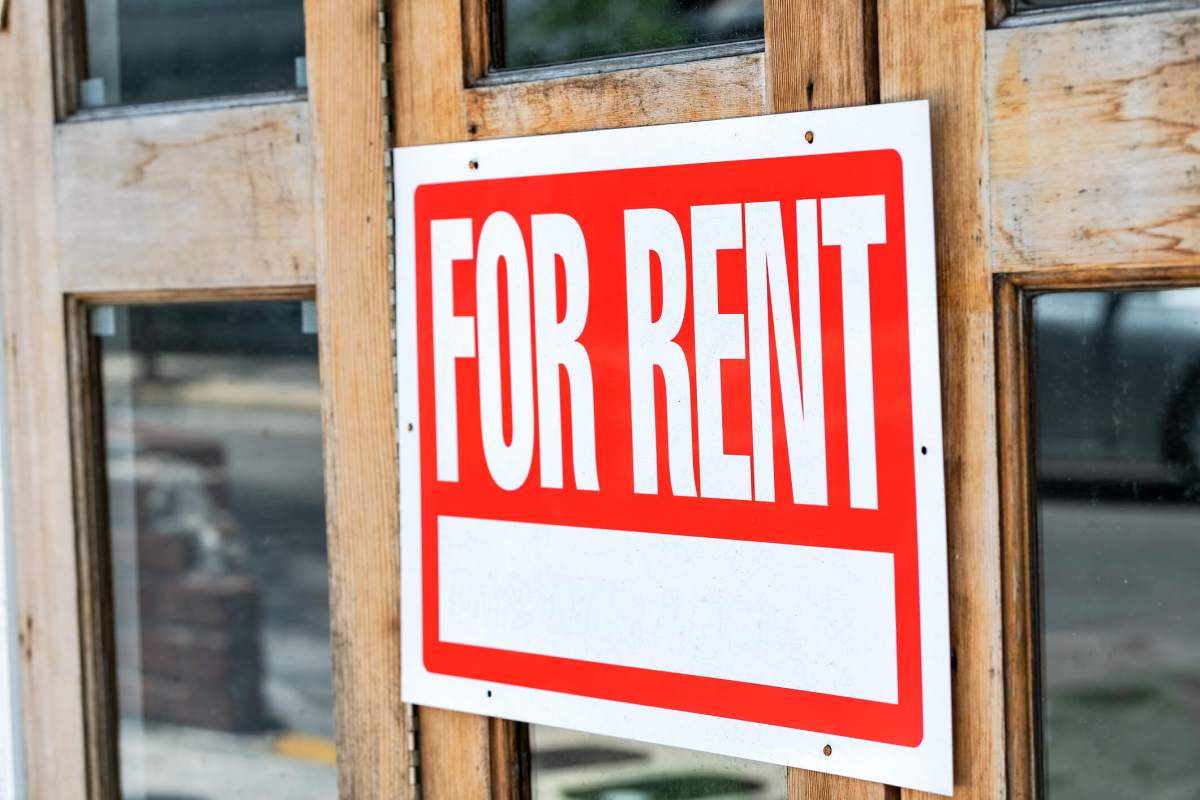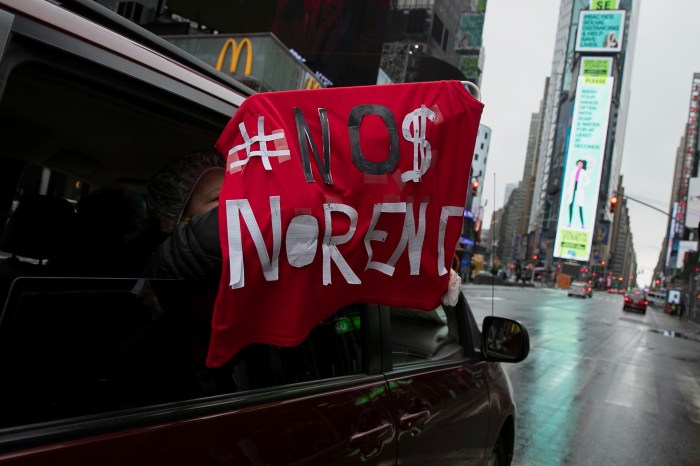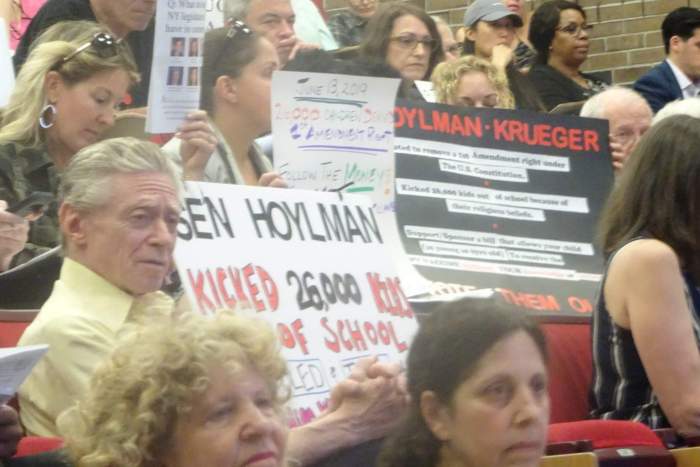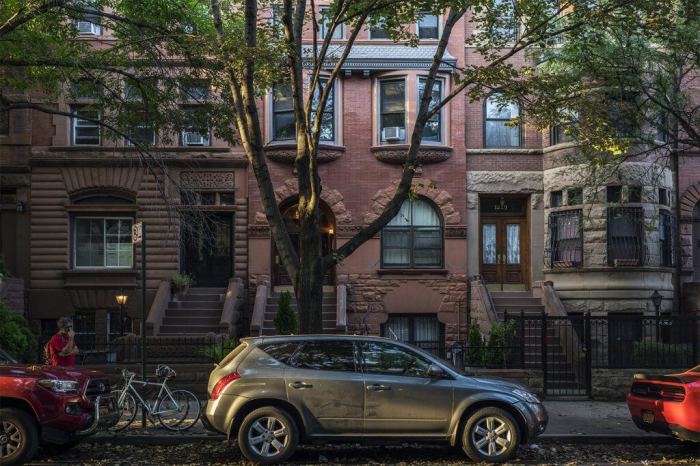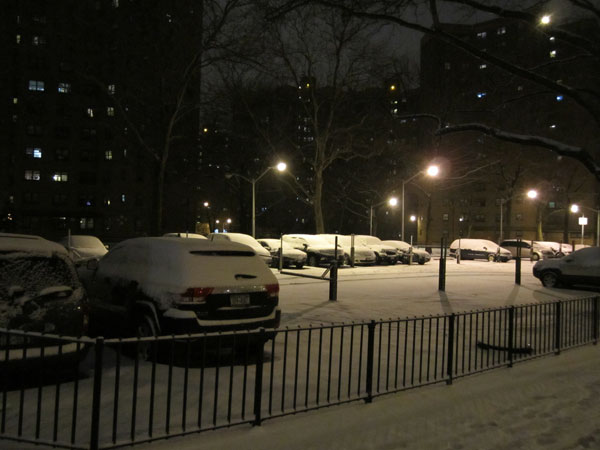It is impossible to live in New York City and not meet homeless people on a daily basis. Some who we encounter in our immediate neighborhood become familiar, and we establish relationships with them. They become a normal, expected part of our daily routines. So it is easy to forget that homelessness is not inevitable. There are causes for homelessness, which means there can be real solutions to homelessness.
One of the causes of homelessness is an entrenched societal cultural bias against formerly incarcerated people. That bias affects the nearly 750,000 New York City residents who have conviction records — nearly 11% of the adult population. And almost 80% of those with convictions are Black or Latinx. That’s why this week, I signed on to a letter to the New York City Council and Speaker Corey Johnson from 61 faith leaders and congregations across New York City, urging them to end discrimination against people with convictions immediately. For the sake of all New Yorkers, I hope they will listen.
Too many people — including landlords — assume that formerly incarcerated people are criminals by nature, criminals through and through. They are the crime they committed, and nothing more. Having taught in New York State prisons and worked closely with numerous formerly incarcerated people in grassroots activism, I know that this simply isn’t true. People grow and people mature. In my experience, formerly incarcerated people are ready and eager to be part of society. But when denied housing, that eagerness is frustrated.
This is why we must pass the Fair Chance for Housing Act, Intro #2047, which would completely prohibit housing discrimination against people with convictions — plain and simple. Without stable housing, any of us would be at a loss. Without stable housing, it is nearly impossible to hold down a job, stay in school, or care for yourself and your family. This is doubly the case when your former conviction is irrevocably part of your record.
As people of faith, we believe in the power of redemption, and we know that it applies to all of us, because every single one of us does wrong. My Jewish tradition requires that we take responsibility for our wrong-doing before asking for forgiveness, but once we have atoned, we are fully restored to the community. Our crimes are not forever held against us. The same should be the case for people who have been incarcerated. Once a sentence is completed, the label of incarceration should end as well, and not endure as a stigma.
The ability to have a stable life starts with having stable housing — and research shows that access to housing reduces recidivism. Screening people out of housing, when housing itself is key to making communities safe doesn’t make any of us safer. Nor does the city’s response to homelessness itself.
The City’s Department of Homeless Services recently announced that 8,000 people who were housed in empty hotels during the pandemic will be moved back to shelters, as tourism revives. Some of these homeless people are formerly incarcerated individuals who have been unable to secure housing.
We need housing policies that reduce, not increase our unhoused population. Families already stay in shelters for an average of 400 days, unable to find permanent housing. Some of these people are languishing in shelters with little control over being moved around, while trying to keep their jobs and support their families. Ultimately, they cannot find housing because of background checks. Truly addressing homelessness means ending barriers that keep people from accessing permanent housing.
I believe that there is a moral imperative to ensure that every New Yorker has a home — even New Yorkers with convictions. I believe that increasing access to housing makes us all safer. This solution is within our grasp – I believe that the New York City Council must act now.
Rabbi Barat Ellman is an adjunct professor at Fordham University, a professor with the Bard Prison Initiative (BPI), and a member of Faith Communities for Just Reentry.



